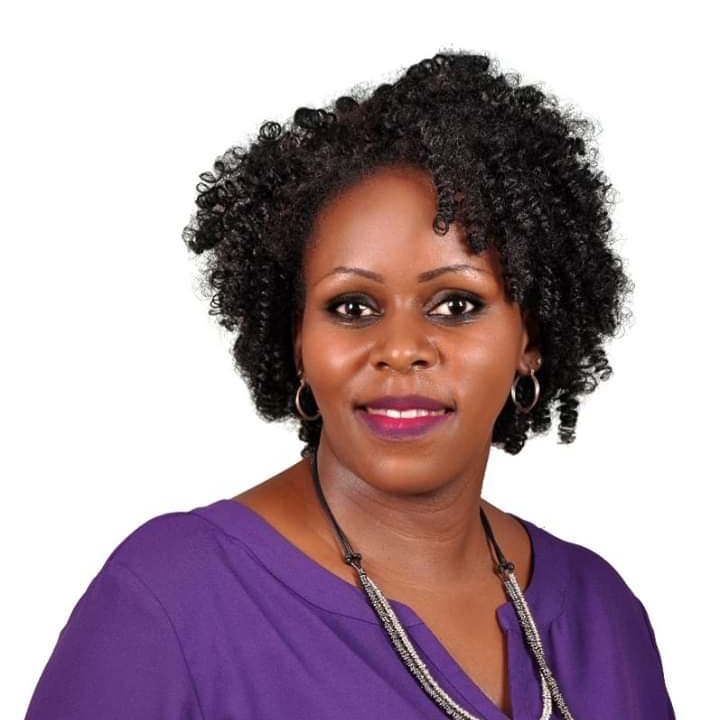
KAMPALA – Every parent would wish to see their children grow up well and succeed in their lives. The ideal society is one where a child grows up well, has comforts of life and guidance of parents. It is a life where parents would wish to see their children receive good education, develop their social and intellectual capability and succeed in their academic pursuits. Parents would wish to see their children graduate, get a good job, get married, have children and live happily thereafter. These are utopian stories. Nothing happens like that but definitely the life one lives is shaped by their upbringing. Parenting is the key but whose responsibility is it?
Traditional society gave responsibilities of parenting to different people. It identified the biological role of conceiving and giving birth to women. Women take a big role in the parenting in the early years of a child. This traditional society gave the role of parenting almost wholly to women. Men were seen as providers of resources, food and providers of security for the home. Modernization has changed that. The traditional society assigned domestic chores to women but with both husband and wife working today, this has changed and continues to change. In developed countries where families cannot afford a house help, women are hesitant to give birth, where they do, there is an attempt to distribute the role of parenting to both mother and the father. In the Uganda setting because of labour costs and issues, house helps are available because they are affordable. Parenting is now distributed between mother, father, house help, schools and peers. Not forgetting television. Of course, parenting should be the responsibility of the parents. Taking a case of a middle-class Ugandan, where both parents work, they have a maid, parents will play different roles. By the very nature, mothers have the rules. The “don’ts and dos”. Mothers will shape the conduct of the children by issuing out instructions on what is expected to be done and what not to be done. Mothers carry a very heavy responsibility in this respect. Their effectiveness will depend on their nature as people, the support of the husband, the environment in which they are and the resources available. Mothers take that big responsibility to teach children how to shower, wash their clothes, how to cook and how to relate with others.
Fathers should play a supporting role to help the children fix things, teach them about electricity, water gadgets, cutting grass and all other physical domestic chores. While the house help is expected not to have a lot of influence on the children, parents should be able to assign specific roles to them. This usually is about cleaning the house, washing and of course conduct. Children learn a lot from house helps. Television and of course today social media has a lot of influence in parenting. What do the children access on social media? Pornography has affected the children thinking and upbringing. Schools have a role to play especially in conduct and religion. In selecting schools, this is a crucial factor. In the traditional society, grandparents, relatives(sengas) and the community at large had a role in parenting this continues in some rural areas. The tragedy of parenting is the poor people in urban areas. Children growing in slums have a big challenge. They are exposed to all kinds of vice and listen to all kinds of adult talk. It is not surprising that the language these children grow up using and their conduct reflects on the clear lack of parental guidance.
But there is a bigger problem among the very rich. Among the children with the worst conduct are usually the children of the stinking rich people. In these homes, there is absence of attention to children. Children maybe are given a lot of resources, exposed to uncontrolled television, games and the result is uncontrolled or wasted children. They drive around in expensive cars, they use drugs, don’t attend school and even in boarding school, they don’t show up to class reason because parents abandoned their responsibility. Most cases, they are busy making money.
Lets remember that if we want our children to keep their feet on the ground we must put some responsibility on their shoulders and the secret to change is to focus all our energy not fighting the old but on building the new.
Our parenting must change if we need a better future for the generations to come.
Author; Maureen Tweyongyere, Director Career and Skills Development Centre, MUBS





